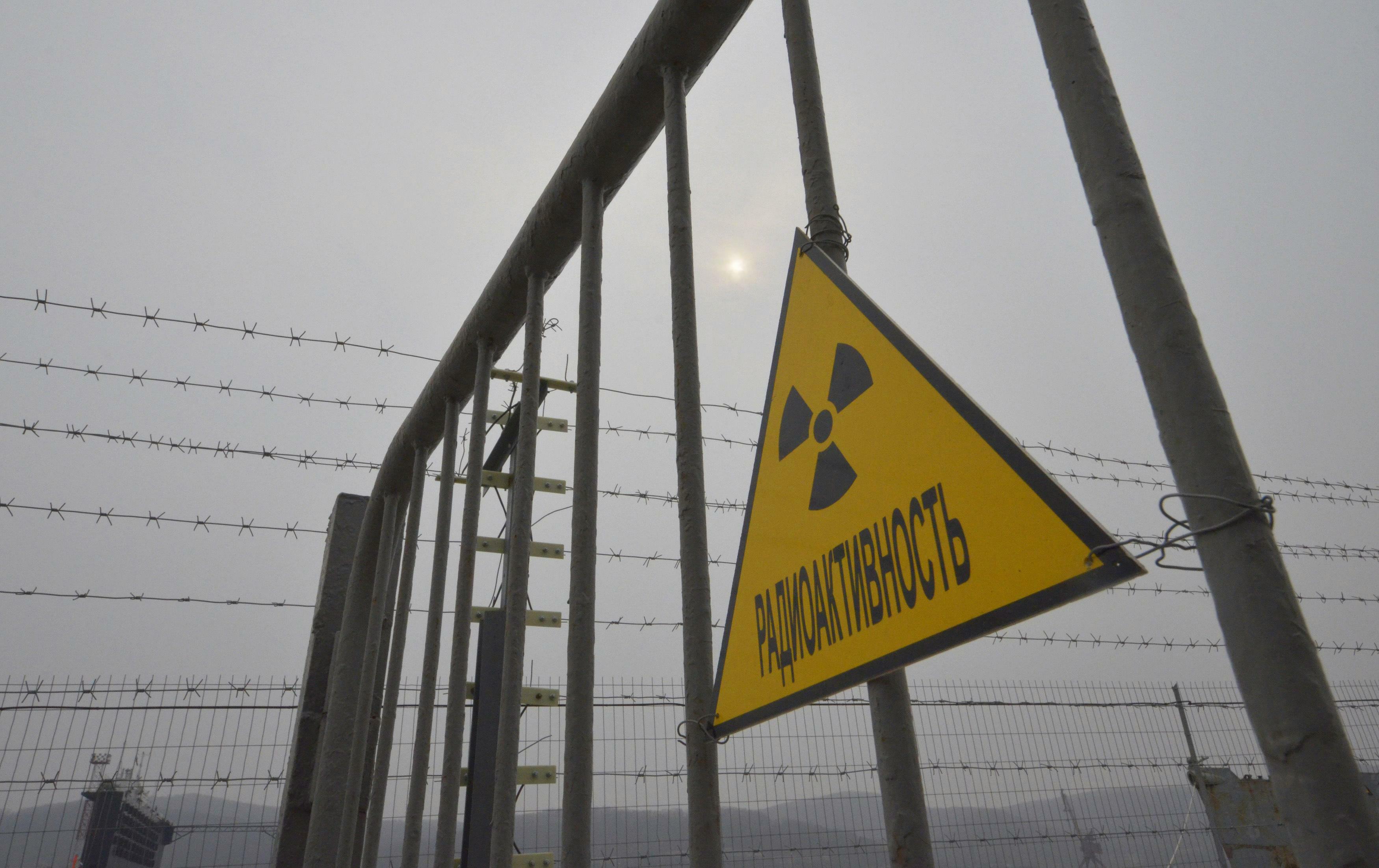
US President Barack Obama’s recent visit to Hiroshima was no typical diplomatic stop. Not only did it mark the first visit by a sitting US president to that city, which was destroyed by an American nuclear bomb in 1945; it also drew attention to Obama’s record on non-proliferation.
In a 2009 speech in Prague, Obama identified nuclear weapons as “the most immediate and extreme threat to global security,” owing to their potential to fall into the hands of terrorists or other rogue elements, and committed to reducing their role in America’s national security strategy.
In his moving Hiroshima address, Obama again emphasized the need to pursue a world without nuclear weapons. He described the “moral revolution” that must accompany technological progress, with societies resisting the “logic of fear” that compels them to cling to their nuclear arsenals.
But, though both speeches expressed similar ideas, they were delivered against very different policy backdrops. Indeed, the Obama administration’s nuclear policy has changed substantially since 2009, when containing nuclear proliferation was among its central foreign-policy concerns.
In 2010, Obama brought world leaders together for the first-ever Nuclear Security Summit, which focused on keeping nuclear material out of the hands of terrorists – a focus that has since proved to be justified. Though the initial aim of freezing stocks of plutonium and highly enriched uranium was not achieved, the four summits held since then have brought about a reduction in other sources of radioactive material, and safety measures have been improved.
The 2010 summit came just days after another apparent victory for non-proliferation: Obama and then-Russian president Dmitri Medvedev signed the New Strategic Arms Reduction Treaty (New START), which committed them to halve their stores of strategic nuclear missile launchers. Just a year earlier, then-US Secretary of State Hillary Clinton and Russian Foreign Minister Sergey Lavrov announced a “reset” in bilateral relations. Since then, however, the relationship has deteriorated, taking with it hope for further cooperation.
In fact, Obama’s entire non-proliferation agenda has lost considerable momentum. Russia chose not to attend the latest Nuclear Security Summit, held in Washington, DC, earlier this year. And not only has the US not proposed any new international non-proliferation initiatives; at a 2015 conference to review the Nuclear Non-Proliferation Treaty, it moved to avoid a conference on a nuclear weapons ban for the Middle East, in order to avoid increasing tensions with Israel.
Moreover, the Obama administration has reduced America’s own nuclear arsenal more slowly than any US administration since the end of the Cold War, instead promoting its modernization – an effort that will require an estimated $1 trillion in investment over the next three decades.
Though the programme is technically aimed at improving existing weapons’ reliability – and thereby allowing future reductions – critics emphasize that as more small, high-precision nuclear arms are developed, the likelihood that they will be used increases.
Obama has, however, secured one major victory for non-proliferation: helping to close a long-awaited international deal with Iran to prevent it from using its civilian nuclear program to develop weapons. After years of sclerotic negotiations, domestic developments in Iran – namely, the 2013 election of the more moderate Iranian President Hassan Rouhani – provided a critical diplomatic opening, which Obama seized. The breakthrough provided clear evidence that while institutions are very important in world affairs, individuals can sometimes be decisive.
The Iran deal was a major achievement, and not just because it should help to mitigate the risks arising from that country. Because just one nuclear-armed country can make achieving regional stability a near-impossible task, stopping Iran had far-reaching regional implications. By easing the fears of Iran’s regional rivals, the deal created some space for the potential development of a Middle Eastern security structure. It even provides a model for future multilateral agreements on thorny security-related topics.
But this triumph should not invite complacency. Nuclear weapons remain a deep and urgent threat to security and stability worldwide. Only nuclear weapons can turn a small confrontation into a catastrophe on the scale of the one Obama commemorated in Hiroshima. Given this, the drive to eliminate nuclear weapons must be revived with all of the vigour of Obama’s first years in office.
That drive should take us, first and foremost, to North Korea, which, despite severely limited means, continues to invest heavily in advancing its nuclear program. The international community’s best option for influencing North Korea is China, which has long had close relations with – and strong economic influence over – the Hermit Kingdom.
And China’s approach toward North Korea seems to be changing, spurred by the nuclear issue. Earlier this year, China decided not to use its veto power in the United Nations Security Council to block a tough new round of sanctions on North Korea in response to its latest round of nuclear tests. Yet a visiting North Korean delegation recently announced that the country was committed to continuing its nuclear programme.
Given that there can be no security in East Asia – especially for South Korea and Japan – without a nuclear deal, strong international action is crucial. Specifically, the international community must escalate its response to North Korea’s increasingly unruly behaviour, by compelling the country’s leaders to engage in negotiations with world powers regarding its nuclear programme. For talks to be successful, however, China and the US – which have plenty of disagreements of their own – must work together, and the other members of the UN Security Council must facilitate such cooperation.
Obama’s address in Hiroshima carried huge symbolic significance. But, with more than 15,000 nuclear weapons still in the world, symbolism is not enough. It is time to take action to advance non-proliferation. - Project Syndicate